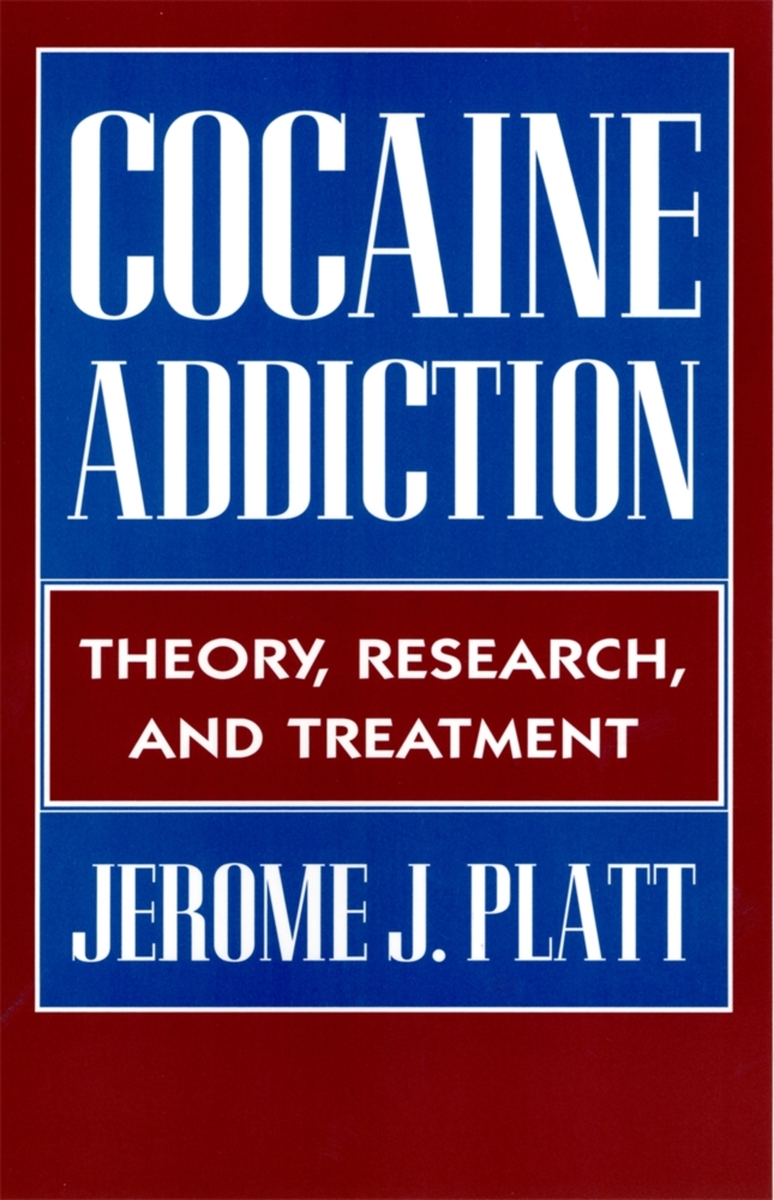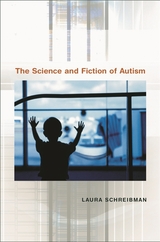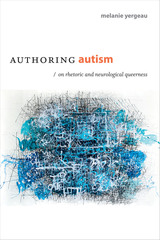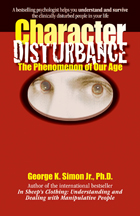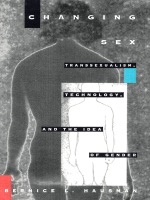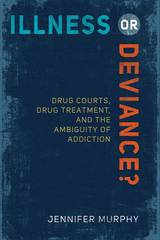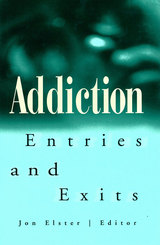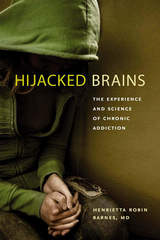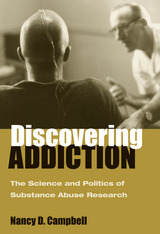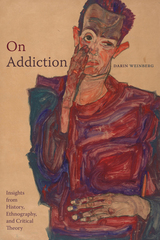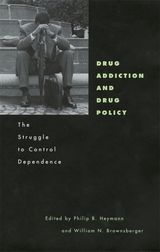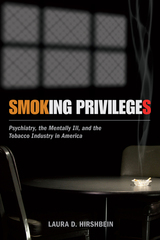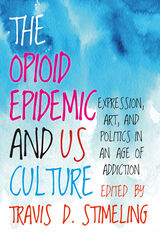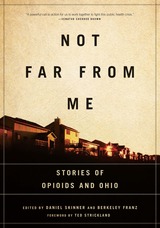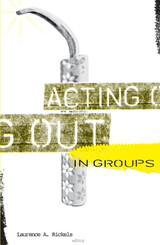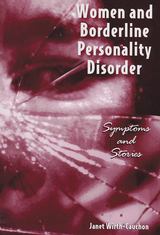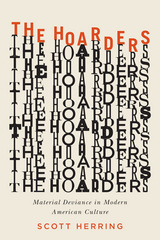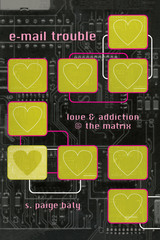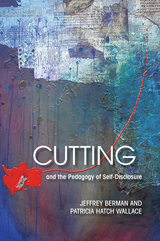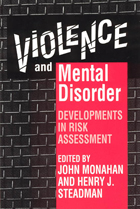Cloth: 978-0-674-13632-8 | Paper: 978-0-674-00178-7
Library of Congress Classification RC568.C6P53 1997
Dewey Decimal Classification 616.8647
It inspired written testimonials from William McKinley, Thomas Edison, and Sarah Bernhardt; merited a medal from Pope Leo XIII; produced "exhilaration and lasting euphoria" in Sigmund Freud. Once the stimulant of choice of the enlightened and the elite, cocaine has become, a century later, a plague, ravaging the lives of millions. This book is the first to draw together all the facts about this pervasive drug--from its natural occurrence in a tea-like native South American plant to its devastating appearance as crack in the inner cities of the United States.
Drawing on the latest work in medicine, psychiatry, neuroscience, pharmacology, epidemiology, social work, and sociology, the volume is a highly accessible reference on the history and use of cocaine, its physical and psychological effects, and the etiology and epidemiology of cocaine addiction. It also provides a critical evaluation of the pharmaceutical agents and psychosocial interventions that have been used to treat this addiction. Author Jerome J. Platt answers such basic questions as: What is cocaine? What forms does it come in? How is it administered? What does it do? What are the medical complications of cocaine addiction? What are the treatments, and how successful are they?
Uniquely comprehensive, Cocaine Addiction makes all the latest information on this urgent subject readily available to medical professionals and practitioners, social workers and scholars, and anyone who cares to know more about this perennially troubling drug.
See other books on: Addiction | Neuropsychology | Pharmacology | Psychopathology | Treatment
See other titles from Harvard University Press
